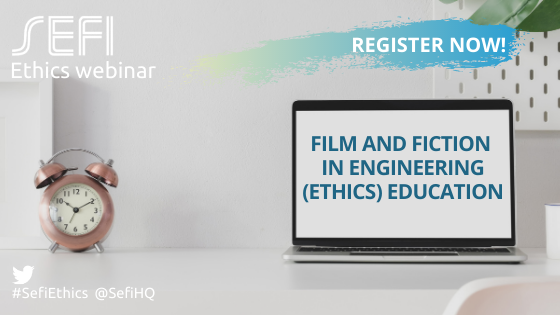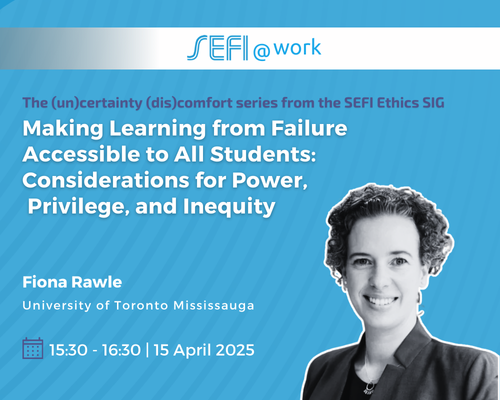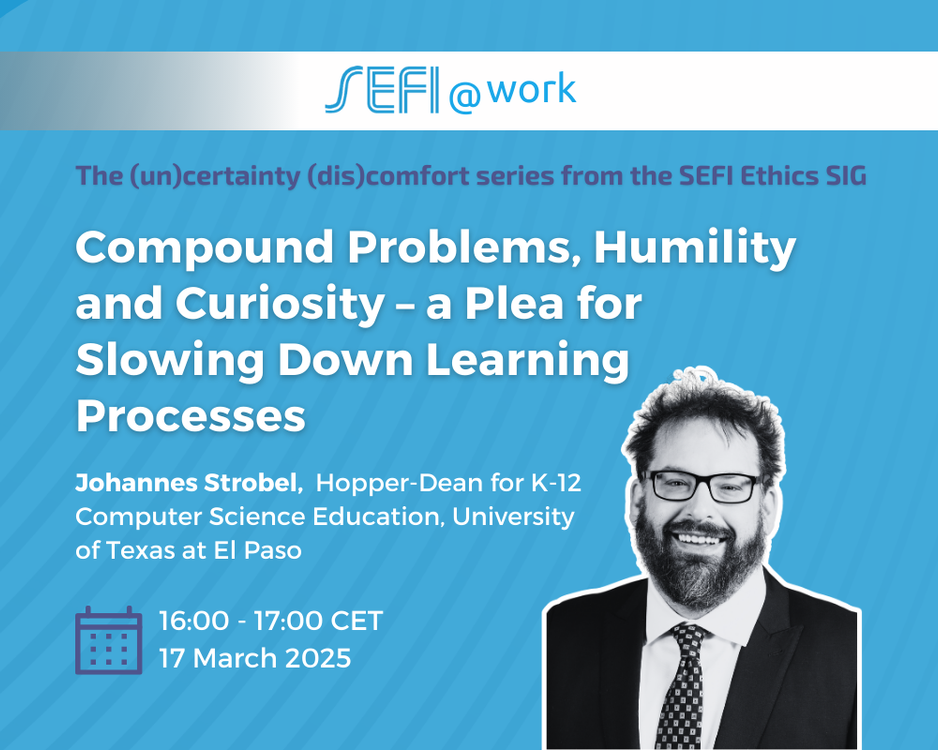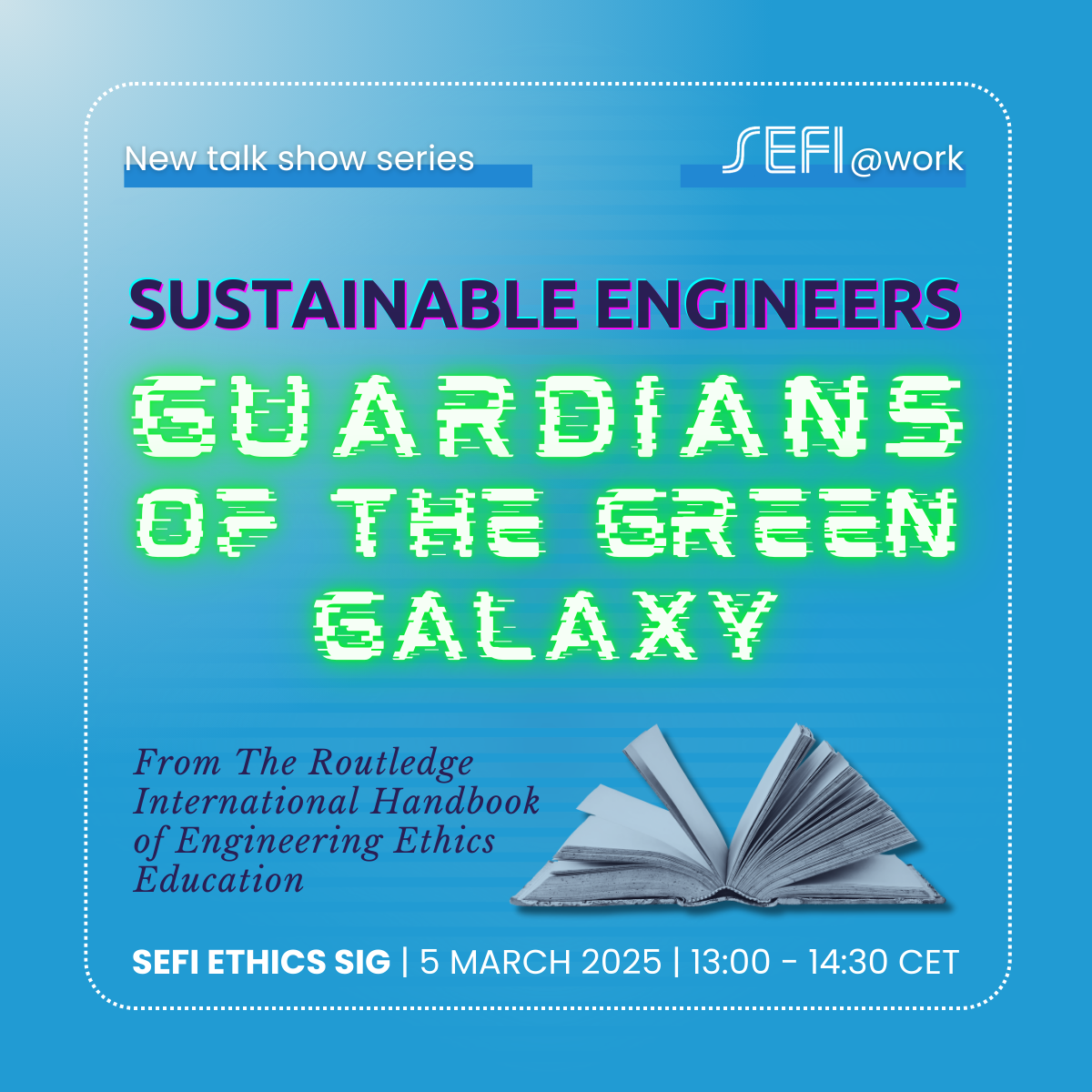15 April 2025, 15:30-16:30 CEST
This webinar will explore the impact that power, and privilege, and inequity play in one’s ability to embrace and learn from failure in the context of higher education.

Thursday, 22 April 2021 3pm – 5pm CEST – online on Zoom
Organisers and speakers:
Thomas Lennerfors (Uppsala University, Sweden): thomas.Lennerfors@angstrom.uu.se
Sarah Hitt (NMITE, The UK): sarah.hitt@nmite.ac.uk
Star Wars IV: A New Hope ends with Luke Skywalker destroying the Death Star by dropping a bomb into a duct leading all the way into the very core of the construction. How could the mighty Empire make such an engineering error? We get the answer in the 2016 movie Rogue One, where Galen Erso, an engineer forced to work for the Empire, engages in an act of insubordination and designs the Death Star with this flaw in order for the rebels to be able to destroy it. Was this the right thing to do? What could Galen have done otherwise? Was he acting as a professional engineer?
In our engineering ethics teaching, we use film and fiction to illustrate and exemplify ethics in engineering work: from 24 Black Mirror, and Star Wars to Ursula LeGuin and Paolo Bacigalupi’s short stories, novels like The Intuitionist by Colson Whitehead or Alexander’s Bridge by Willa Cather, and more. We do so because it is a way to engage students, addressing their emotions, bringing fun and excitement into engineering ethics education, which is sometimes (even oftentimes) seen as a chore, a necessity, or a box to be ticked. When doing so, we have noticed not only that the students seem to have fun and approach ethics in a positive, attentive mood, but also that they remember the ethical dilemmas, and that students become aware of ethical dilemmas in their own consumption of film and fiction, perhaps even spilling that awareness over to other aspects of their life.
This seminar aims to create a discussion amongst the participants of the pros and cons of using film and fiction in engineering ethics education. It will also provide examples of film and fiction that can be used to teach engineering ethics – and participants are strongly encouraged to bring their own examples of using film and fiction to share.
For further information, you may contact the organisers, Thomas Lennerfors (Uppsala University) thomas.Lennerfors@angstrom.uu.se, and Sarah Hitt (NMITE) sarah.hitt@nmite.ac.uk


